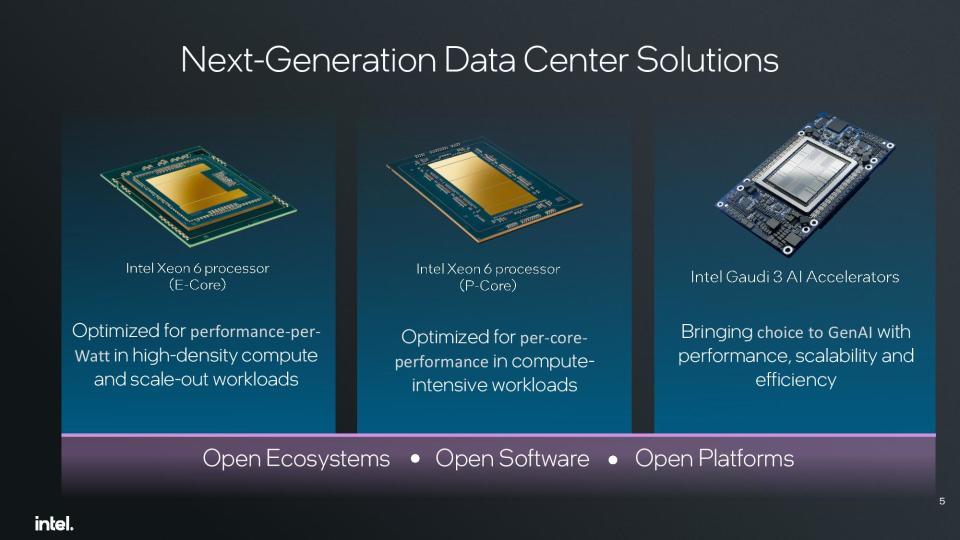Intel CEO Pat Gelsinger told Tom’s Hardware during a question and answer session at Computex 2024 that China must make its own processors if U.S. sanctions on the latest American-made AI chips become too restrictive.
Gelsinger advocated for strong restrictions on manufacturing technology, pointing to the restrictions on EUV lithography technology as a key cutoff point that will restrict the abilities of Chinese chipmakers while imposing balanced limits on products — thus allowing American companies like Intel to remain competitive in the Chinese market.
“The restrictions on U.S. products sold into China restrict the revenue that chip makers can extract from the country — which can hurt, but it’s also accelerating the China ecosystem, not only in making chips, but also in making products specifically around AI. Do you think that the U.S. restrictions are too stringent, or could maybe be relaxed a little bit? Also, do you think that that will eventually foster competitors that could compete with you outside of China?” I asked Gelsinger.
“The export restrictions, to me, they’re sort of a magic line, and so I’ve commented that if that line is too restrictive, then China has to build its own chips. And, there, to me, is a very careful balance of what’s appropriate,” Gelsinger responded.
“Now, I think if they’re too restricted, then China must pragmatically rely on its own products for that, which hurts the market for export,” Gelsinger said. “And as I was saying, good policy is controlling carefully the technologies you export, particularly manufacturing technologies, and maximize product exports and make sure that you’re aligned with the global ecosystem of partners. I believe that’s the framework of a good policy structure in this regard. Obviously, we’re continuing to pursue exporting all of our products to China as well, and we’re continuing to make products like Gaudi available in China.”
“Because of the technology export restrictions on things like EUV, we see that the attractiveness of global products and Intel products will continue to be high because there will be sort of a floor that it’ll be difficult for local semiconductor manufacturers in China to move through. As a result, as we continue to go below two nanometers and beyond, there’ll be an attractiveness for Intel products in the China market. And I believe, as a result, we’ll continue to have a good market opportunity for us,” Gelsinger concluded.
Restrictions on China’s chipmaking capabilities could give American companies an inherent advantage with higher-performance and lower-power processor options than products made by China-based chipmakers, but U.S. sanctions that limit the performance of American products sold into China blunt that advantage. Despite those challenges, Gelsinger still sees opportunities in the China market.
Gelsinger’s reference to its AI products still being available in China refers to the company’s special line of Gaudi 2 AI chips that have restricted performance metrics that specifically fall under the U.S. sanctions guidelines. Intel announced the launch of its newer Gaudi 3 processors here at Computex, with those products coming to market in Q3 of this year, and all signs point to the company offering specialized China versions of the Gaudi 3 chips as well.
Signup bonus from




